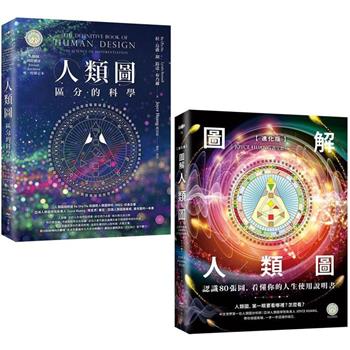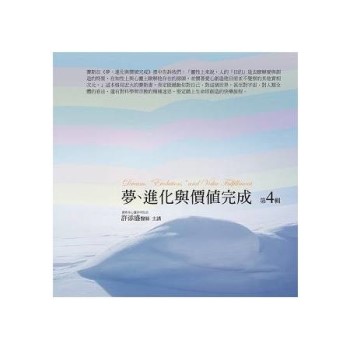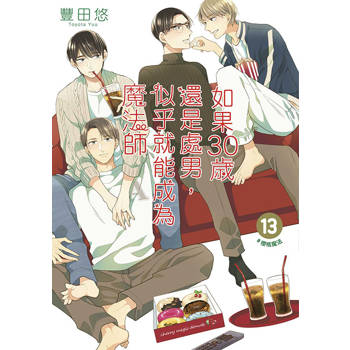This work investigates women’s emancipation writing in the second half of the nineteenth and the early twentieth centuries. Many novelists in various national literatures touched upon the theme of an emancipated woman in the long nineteenth century and at the fin de siècle. Philosophers, poets, writers, and journalists were concerned with this problem and began popularizing wholeheartedly the so-called "burning" questions. The new femininity was represented not only in the Christian context; many other traditions and cultures opened the discussion about the women’s lot. This volume analyzes women’s literary voices from different parts of the world--Turkey, England, the U.S., Italy, Russia, Spain, and others. Imagination, as it is believed, has no borders and is dialogical in its nature.











